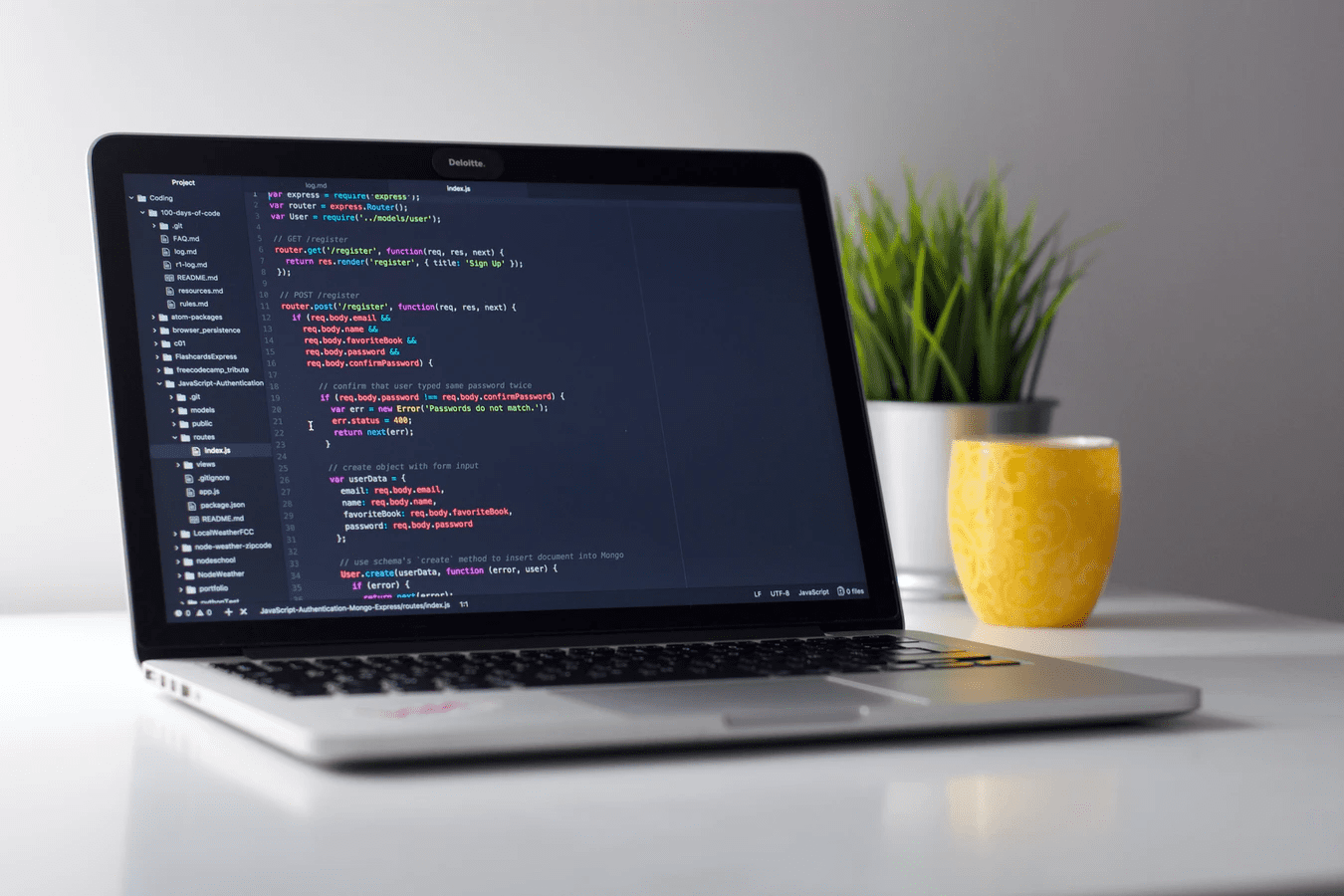
Code. Source: Unsplash

One of the most lucrative career paths of recent times is programming. With the world’s heavy dependence on technology, it’s safe to say that the demand is not dying down any time soon.
However, getting into programming might pose a challenge especially if you’re alien to the computer science realm. It works differently compared to probably any other skillsets you have acquired. So whether you’re just learning the basics or pursuing a degree, here are some tips and tricks to put beginners in the right headspace.
1. Know how you learn
We all have different ways of learning. One thing may work for you, but it might not click for others. Surely, there are other skills you have learned. So think about your methods that made the information stick. Do you like learning in solitude, or do you prefer a collaborative setup? Do you respond well by rewarding yourself after significant progress?
2. Code Everyday
A universal aspect of learning new skills is practice makes you better. Commit to honing your craft by coding consistently. Programming is essentially learning a new language. And the only way you’ll be well-versed is by familiarizing yourself with the fundamentals until you eventually master it. You can start by allotting at least an hour to your coding every day.
3. Take notes
Programming is mainly done and presented digitally, but writing out your code manually is surprisingly advantageous. Taking notes by hand has been proven to help retain information long-term. If you plan to take on a professional career, this will provide good practice since most interviews include coding by hand as part of the evaluation. By writing it on paper, you have no way of checking if your code actually works. It will train your eye in spotting bugs and improve your understanding of algorithms and syntax.
4. Keep yourself healthy
There are times where people get too absorbed in their craft that they forget their well-being. Be sure to take care of yourself as well – it will make you function efficiently and put you in a comfortable headspace. Eat healthily, have regular rests, and take supplements. Coding is entirely done seated, so if you’re an active person, this sedentary style might take a toll on you. If you want a hand in keeping your shape and increasing your energy levels, PhenGold claims to do that with its natural ingredients. If you’re interested to know more, here is a well-written review on PhenGold.
5. Take breaks
While it’s good to practice regularly, taking breaks will also be beneficial. Try not to drown yourself with heaps of codes for hours. It might potentially demotivate and burn you out. Taking short breaks helps especially when you’re debugging endlessly and still fail to find the fault. It will clear your mind and re-sharpen your focus so you’ll be able to come up with a solution.
6. Ask for help
Even if you prefer working alone, asking more experienced programmers will be beneficial. You’ll learn new practical techniques and concepts that you might not find from your resources. You can still ask for their critique even if your code is working. If you know people who share the same learning curve, it will also help to work with them. The point is to have someone to talk to who understands the language. It’s also common for beginners to make mistakes, and debugging can be an arduous process. Don’t be afraid to use debugging programs as long as you learn from the mistakes.
7. Be open to new resources
There are endless ways of learning about programming languages. And the internet is full of online courses and materials, both free and paid. Technology is rapidly evolving as well, so make sure to be always in the loop. Update yourself with recent developments in the field so you won’t find yourself being behind. And in the realm of technology, that’s the last thing you want to happen.